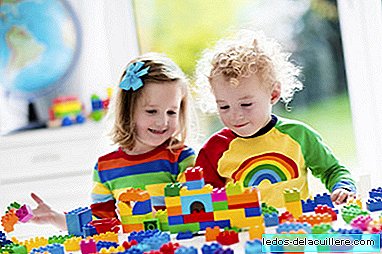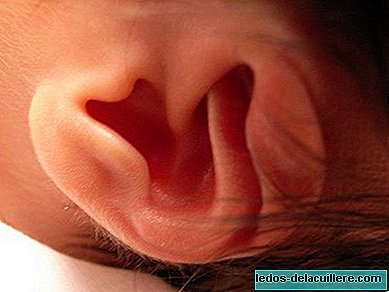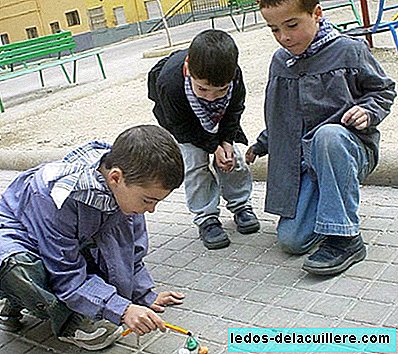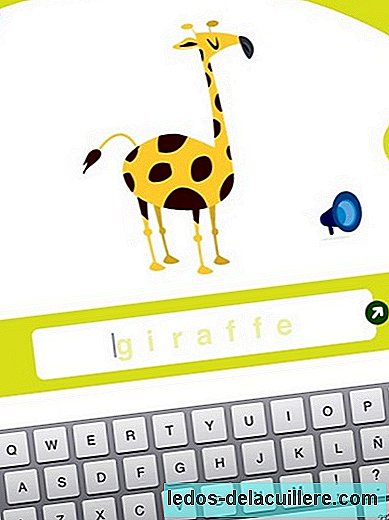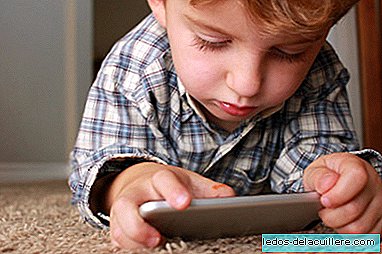
Did you know that children do not have a single intelligence? The psychologist, researcher and professor at Harvard University, Howard Gardner states that there are eight different intelligences. its Theory of multiple intelligences It represents a whole world of new possibilities applied in the global improvement of children's education, and now, thanks to new technologies and applications such as Great Challenges, we can enhance them in a fun way.
Howard Gardner's theory of multiple intelligences in children
Gardner argues that children do not have a single intelligence, but distinguishes up to eight different intelligences. Each child will naturally enhance those skills related to the type of intelligence that defines him, but We can promote all its capabilities through educational apps Big challenges.

These are three apps developed by pedagogues of the Complutense University of Madrid and specially designed to stimulate each of these intelligences:
Logical-mathematical intelligence It implies a great capacity for problem solving, and preference for information technology and technology.
linguistic-verbal intelligence It is related to language, communication and languages.
artistic or viso-spatial intelligence It defines very creative children with special abilities to draw or paint and make crafts.
musical intelligence It is characterized by a high capacity to learn different sounds, sing, play instruments or compose songs.
Body-kinesthetic intelligence It is related to physical abilities and is an innate intelligence common to all children, although some develop it more over time.
Naturalist-scientist, is related to scientific observation and passion and respect for nature, animals, biology, botany and the environment.
Intrapersonal intelligence they characterize very autonomous children, with great emotional intelligence and who know themselves very well.
Interpersonal intelligence It is typical of very sociable and empathetic children.
Boost different intelligences through the game and new technologies

The three Great Challenges apps work different intelligences while promoting healthy habits while children play. They are adapted to children from 0 to 7 years old and are available for free for both Android and iPhone devices.
Each of them has several different games that exercise the abilities of children and that they are based on the Theory of the eight Multiple Intelligences.
They also have a special area for parents, where we can follow the evolution and progress of the children, and a library area with educational content to complete their education and learning.

Combining this type of applications with activities and classic games that stimulate each of the eight intelligences, we can get the smallest of the house to improve all their skills.
Learning fun with an app is much easier
Each Great Challenges app is aimed at a specific age and has six different games that exercise different abilities of the kids.
Great Challenges 1 (Available on Android and IOS) is aimed at babies between 0 and 24 months. With it, the smallest of the house can relax listening to nannies while developing musical intelligence, learn to recognize the four seasons and different animals thus promoting naturalistic intelligence, discover interactive stories that will stimulate their senses and enhance the development of linguistic intelligence and learn to distinguish shapes and colors to improve their perception and attention, while reinforcing their artistic intelligence.

Great Challenges 2 (Available on Android and IOS) is aimed at children 2 and 3 years old, with it they can draw and color, train their memory, play doctors, discover mysterious shapes and simulate a delta wing flight to retrieve objects. In this way, children will develop their artistic abilities, their empathy (intrapersonal intelligence), their communicative skills and their logical reasoning.

Great Challenges 3 (Available on Android and IOS) is aimed at children between 4 and 7 years old. Pilot a spaceship, learn to care for the environment, compose melodies, learn about ancient Egypt by fitting pieces that discover hidden treasures, rescue marine animals thanks to mathematical skills and perform physical exercise imitating the proposed steps are the ideal educational games for this stage .

In this way, the children they learn while having fun playing and can develop interpersonal intelligences, mathematical logic, spatial visual, naturalistic, musical, bodily, linguistic and intrapersonal.
Multiple intelligences applied to learning
Gardner understands intelligence as an innate capacity that can be developed and ensures that academic brilliance is not everything.

His theory implies that children's intelligence cannot be measured globally by the average mark of a set of exams. A child who gets a low score on a test will see his average score impaired, when in reality he may very well be a genius because of his special abilities in another subject.
Our children they learn more and better when their eight intelligences are taken into account and their education is configured based on the special skills that define them. Exercising creativity in each of the eight intelligences provides children with personal motivation, self-esteem, ability to achieve and tolerance to frustration.
They also internalize knowledge much better when they learn playing So, both in the classroom and at home, we must stimulate their curiosity to capture their attention and enliven their interest through fun proposals, such as the Great Challenges apps.
Images | Unsplash / Hal Gatewood | Pixabay / sarab123.



